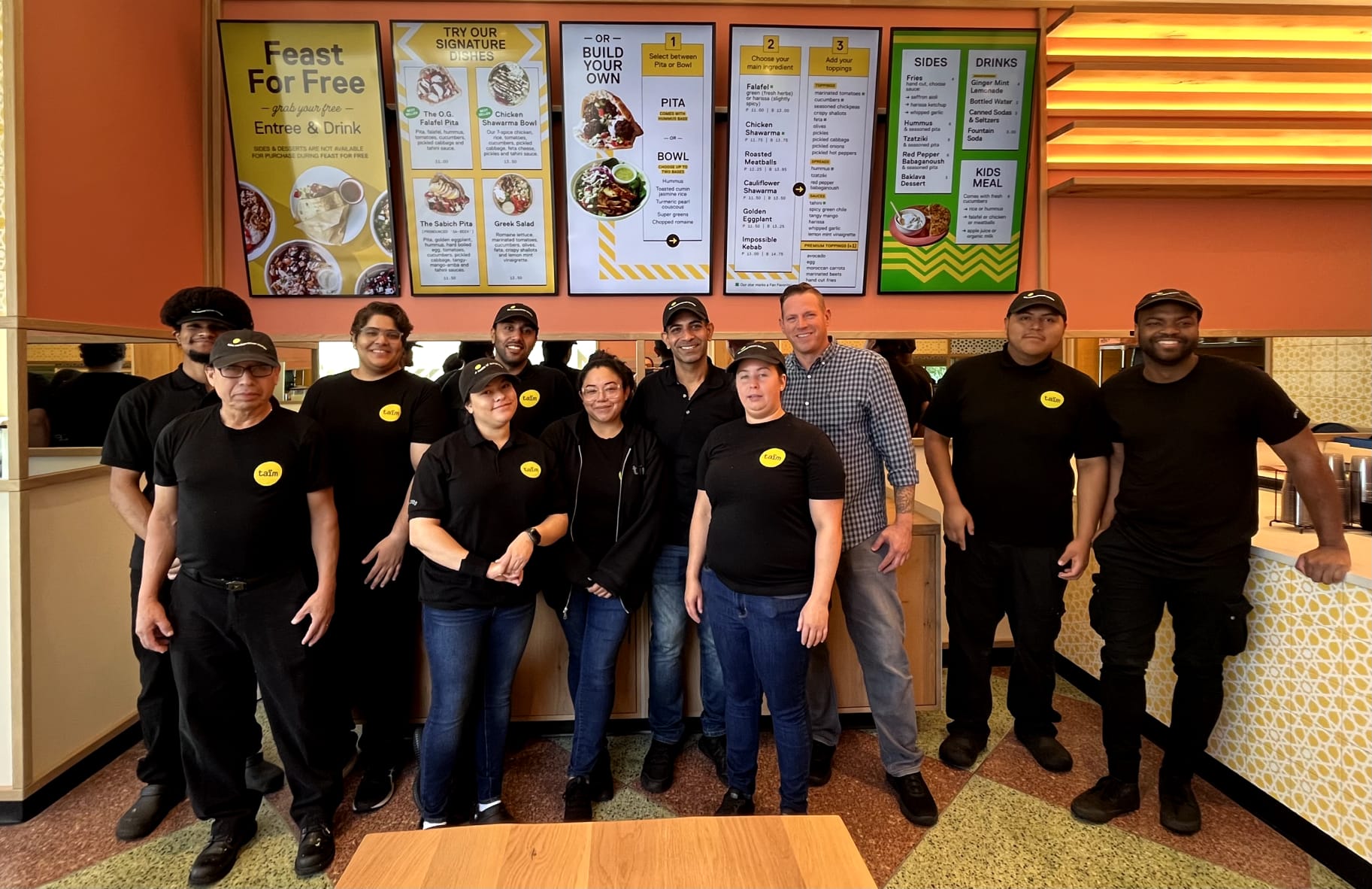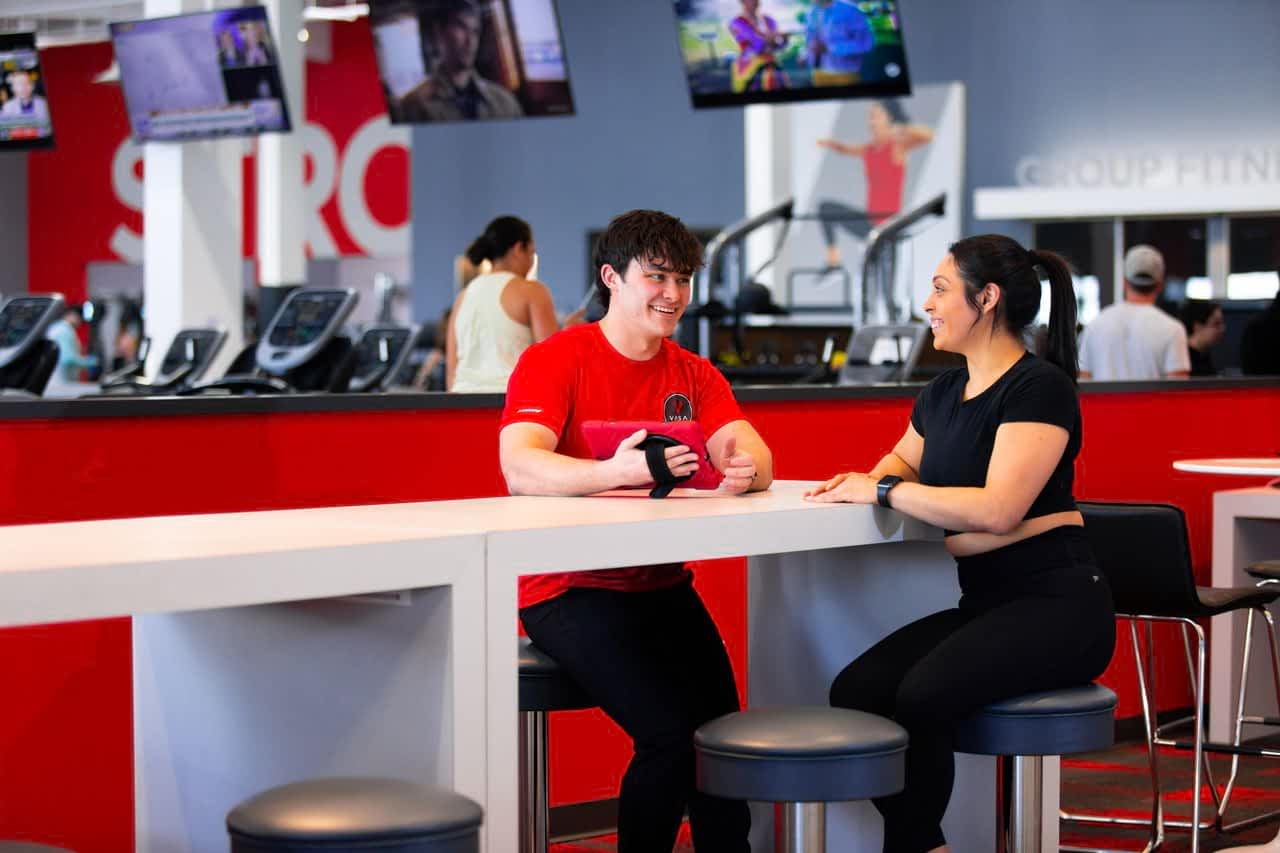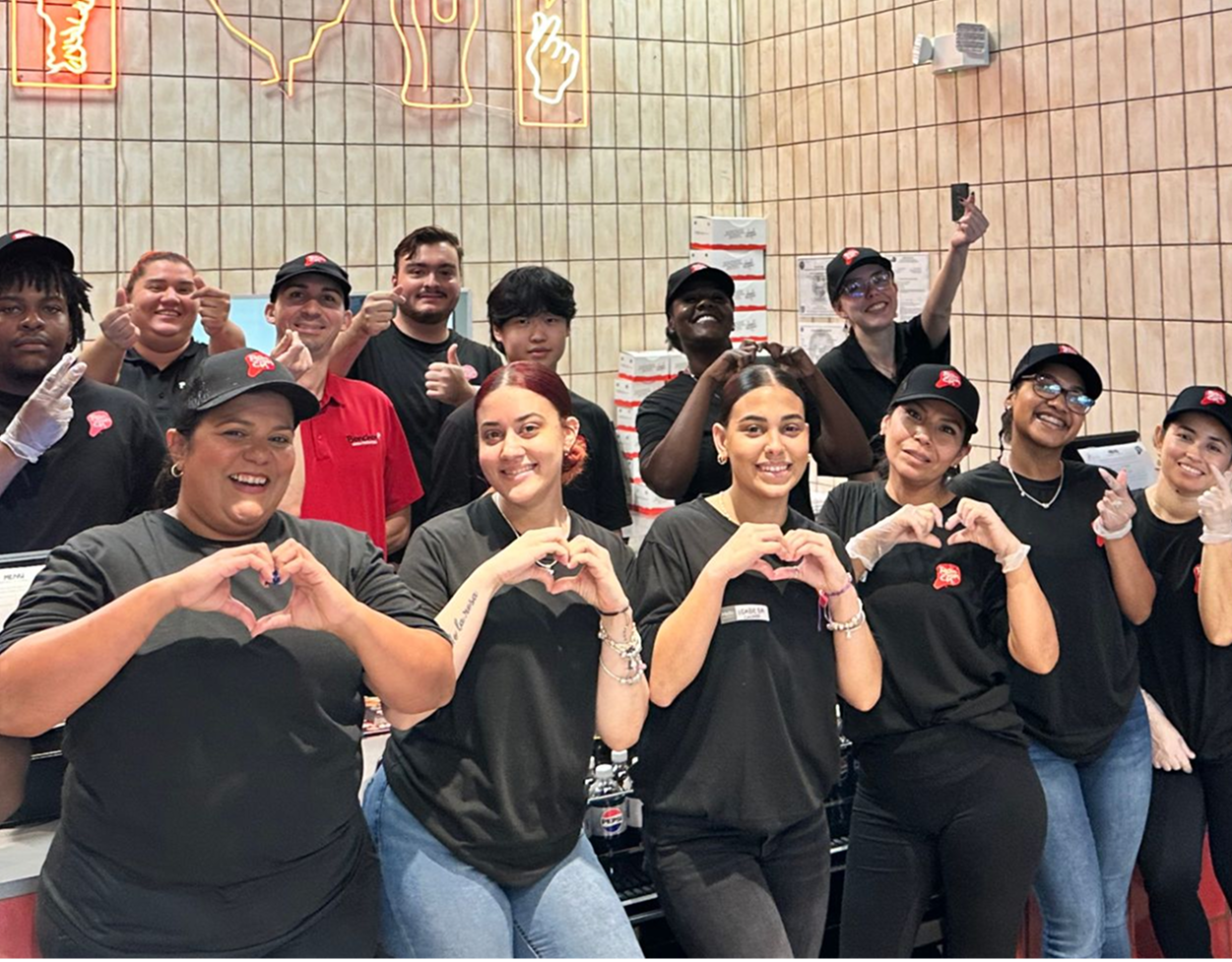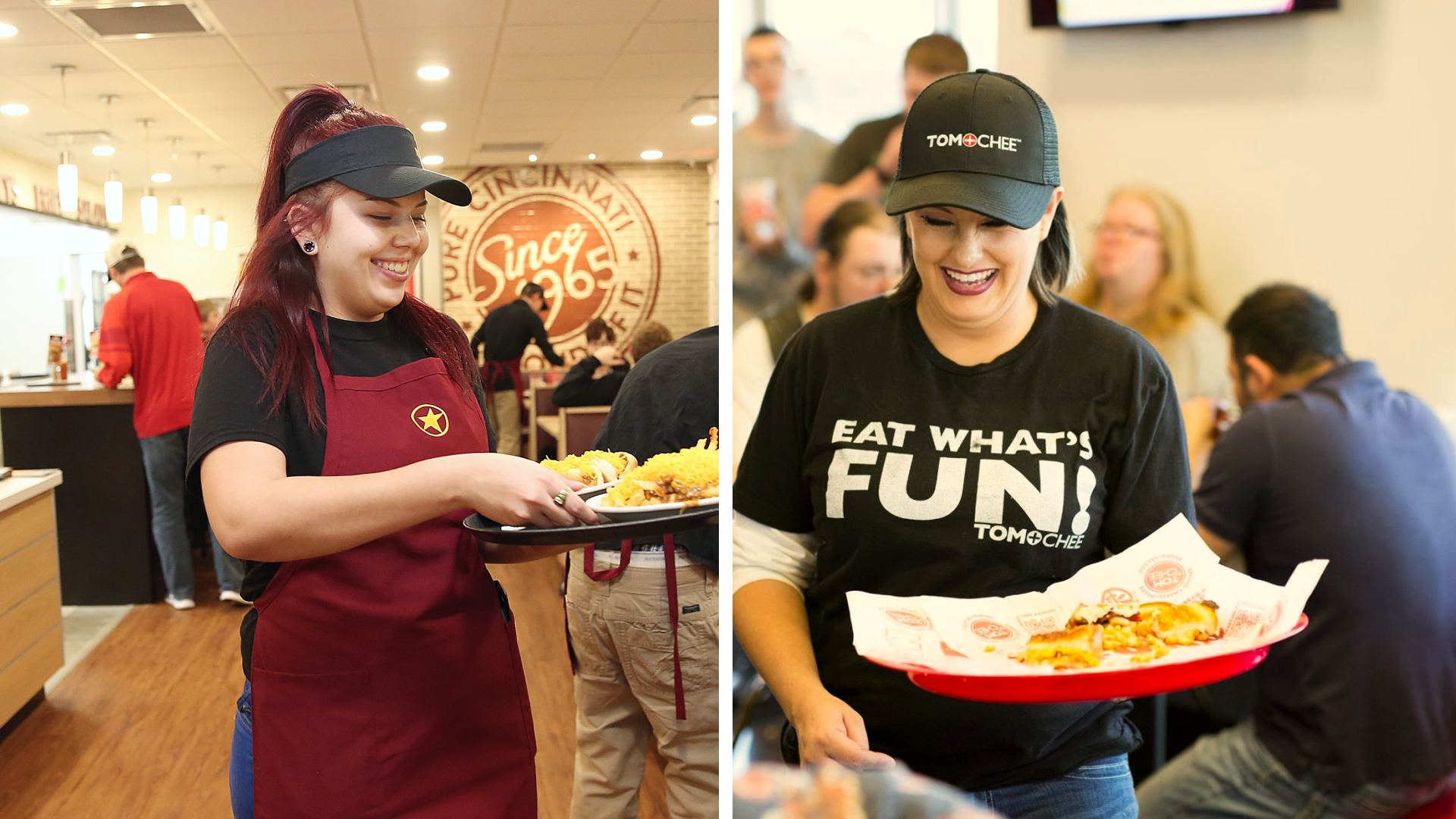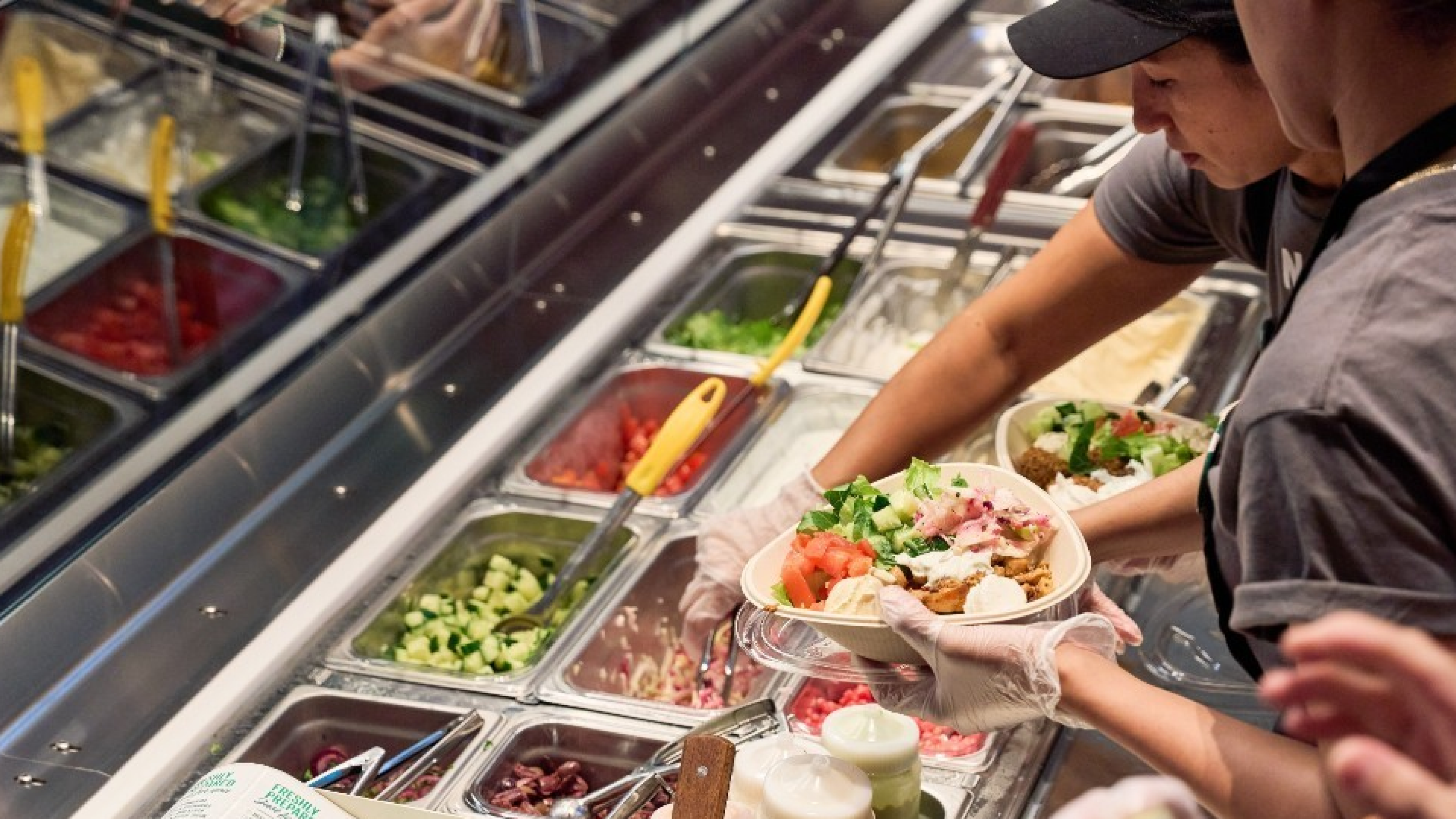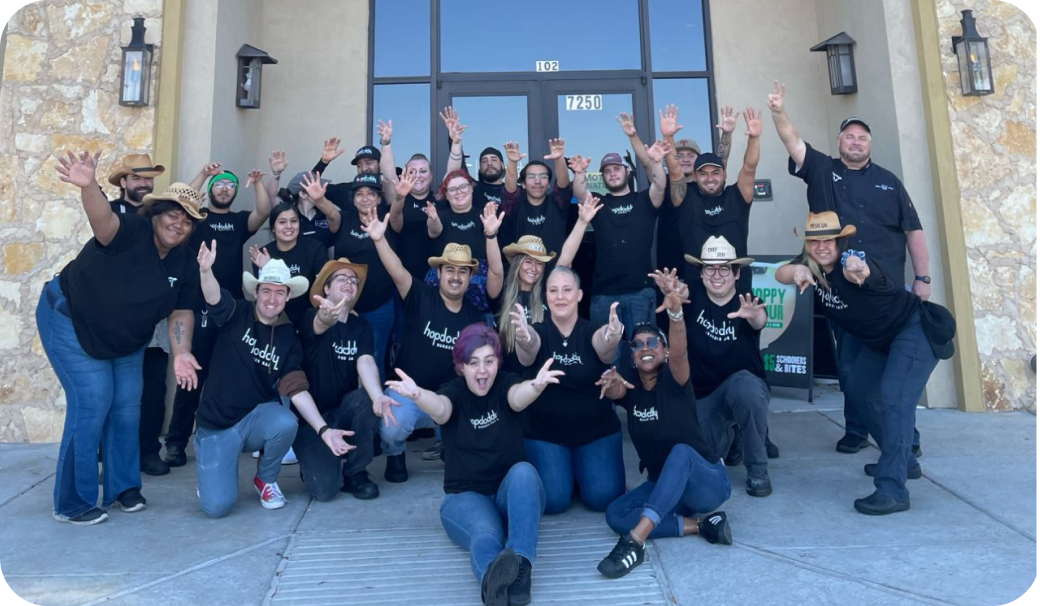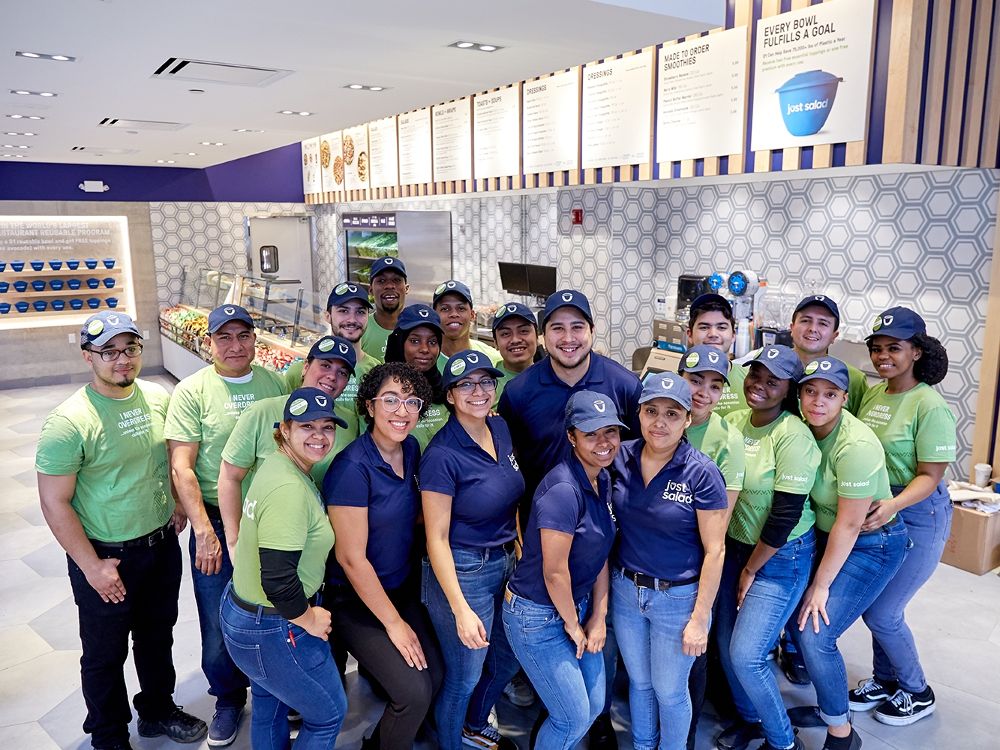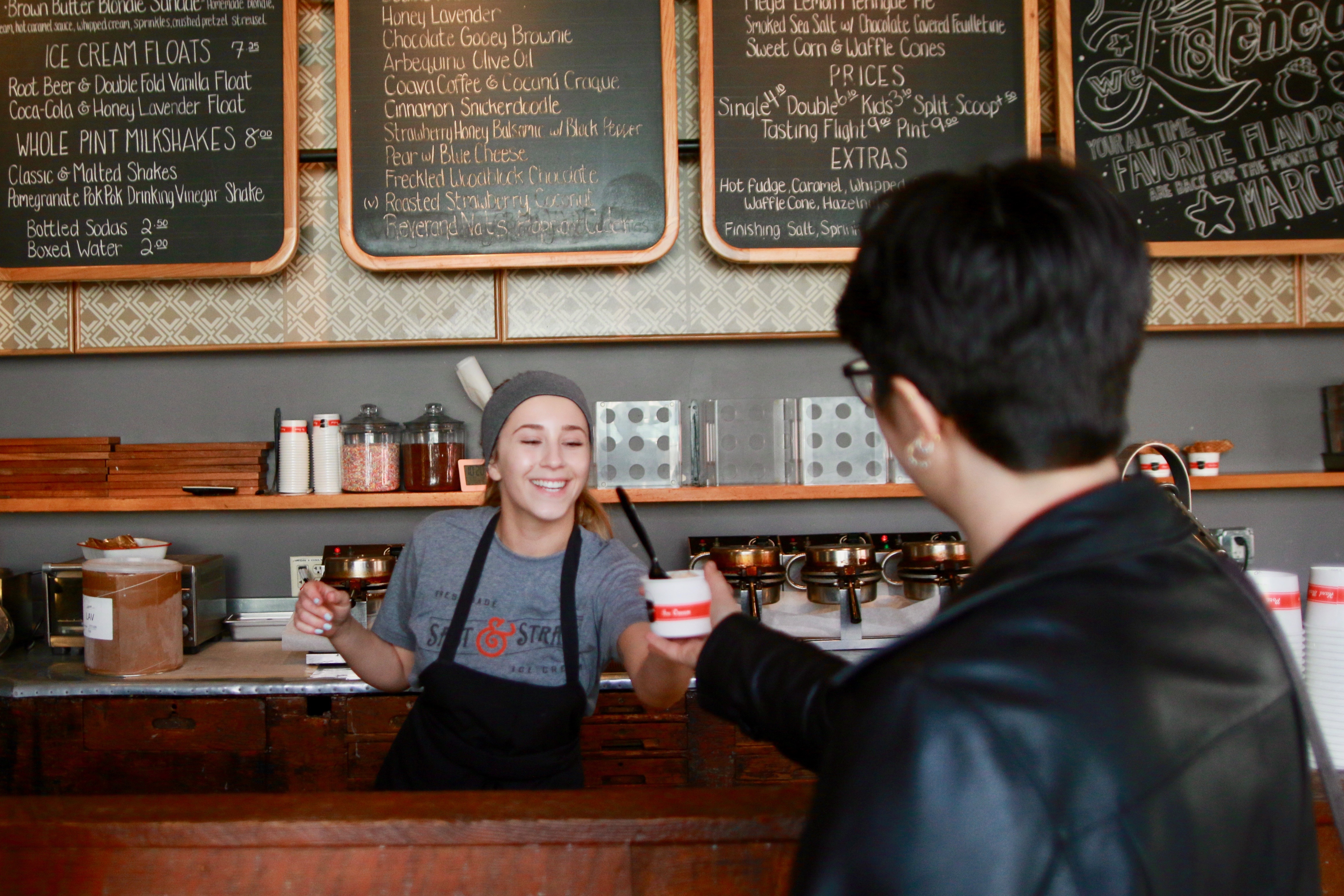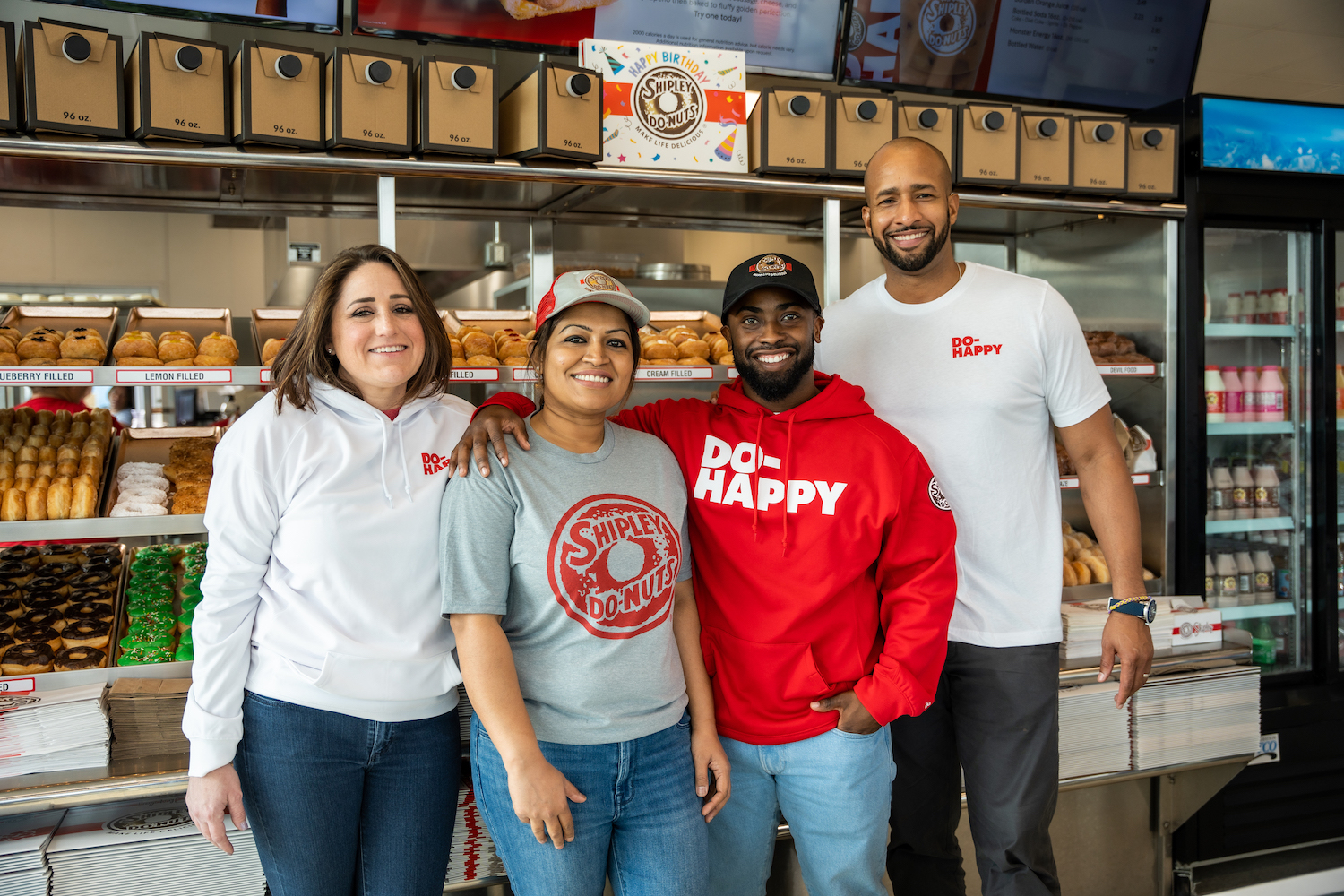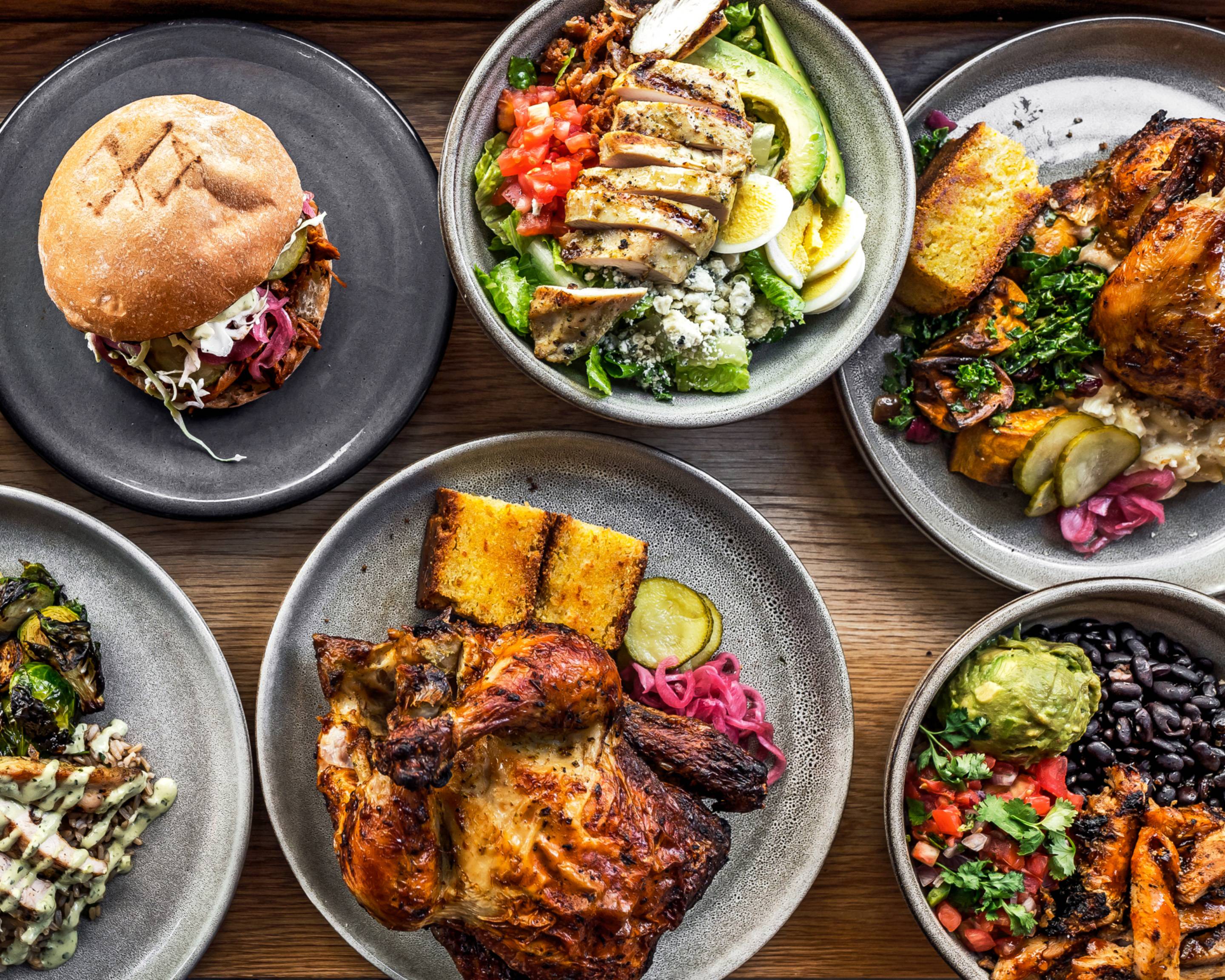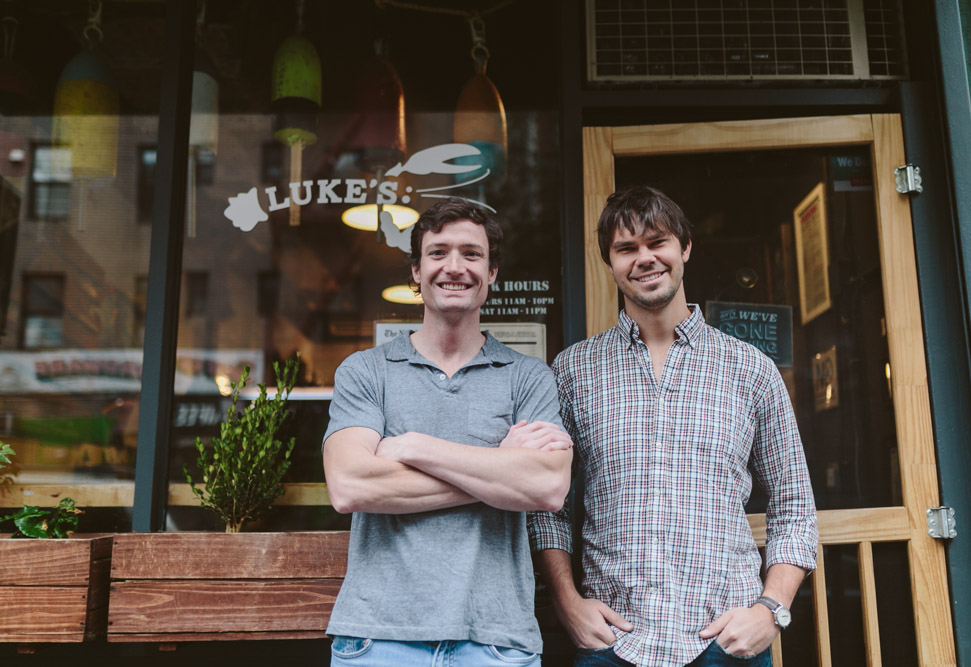Lori Goldstrohm understands what investing in employees can do to build a business and how training has evolved over the past few decades.
After all, she has been a training leader in the restaurant industry for more than 25 years and now serves as the vice president of training and people development at Täim. Täim—a Mediterranean-style quick-service chain—is poised to double in size from ten stores to 20, in just one year.
“Technology has changed the way we think about the development of people, When I think about training, I think of it as people development, not just tactical training.” - Lori Goldstrohm
Goldstrohm uses Opus to train employees in the soft and hard skills they need to succeed as an employee and as a person. “In the restaurant industry, we employ people for their personality, not necessarily for their skills. This allows us to build a diverse workforce,” she says. Opus ensures training can reach every employee. It even has training material in the language employees are most comfortable with, offering more than 100 languages including French, English, and Spanish.
With Opus, employees are empowered on day one to access training material that is self-paced. According to the brand, the average lesson time is only 2.5 minutes. Furthermore, Opus ensures every learning preference is catered to from storytelling and videos to testimonials and quizzes. Employees can interact with the learning material in various ways. The variety helps improve training completion rates. Täim—one of the franchises Goldstrohm uses Opus at—has a 91 percent new hire orientation completion rate.
Part of the reason Opus has impressive engagement metrics is that it caters to every generation of employees, from Gen. Z to Baby Boomers. Employees can access Opus through an app on their phone. “I’ve used quite a few training platforms and what I found with Opus is it meets employees’ needs because their phones are a major part of their life,” Goldstrohm says. “Being able to access training right through a phone instead of a laptop, iPad, or workbook is so much easier, “ Goldstrohm says.
“It works in a way that keeps employees in their comfort zone and it makes them confident.” - Lori Goldstrohm
Opus makes it easy for operators to use as well. Goldstrohm says she looks at the Opus dashboard every day. “The first thing I do when I go to the dashboard is look at our engagement. Six months ago, we were around 50 percent engagement, today we are fluctuating between 91 and 93 percent engagement in terms of employees getting on the app.”
While the dashboard ensures operators can easily access performance metrics, Opus can also aid in the creation of learning materials. In some cases, cutting an operator’s time in half.
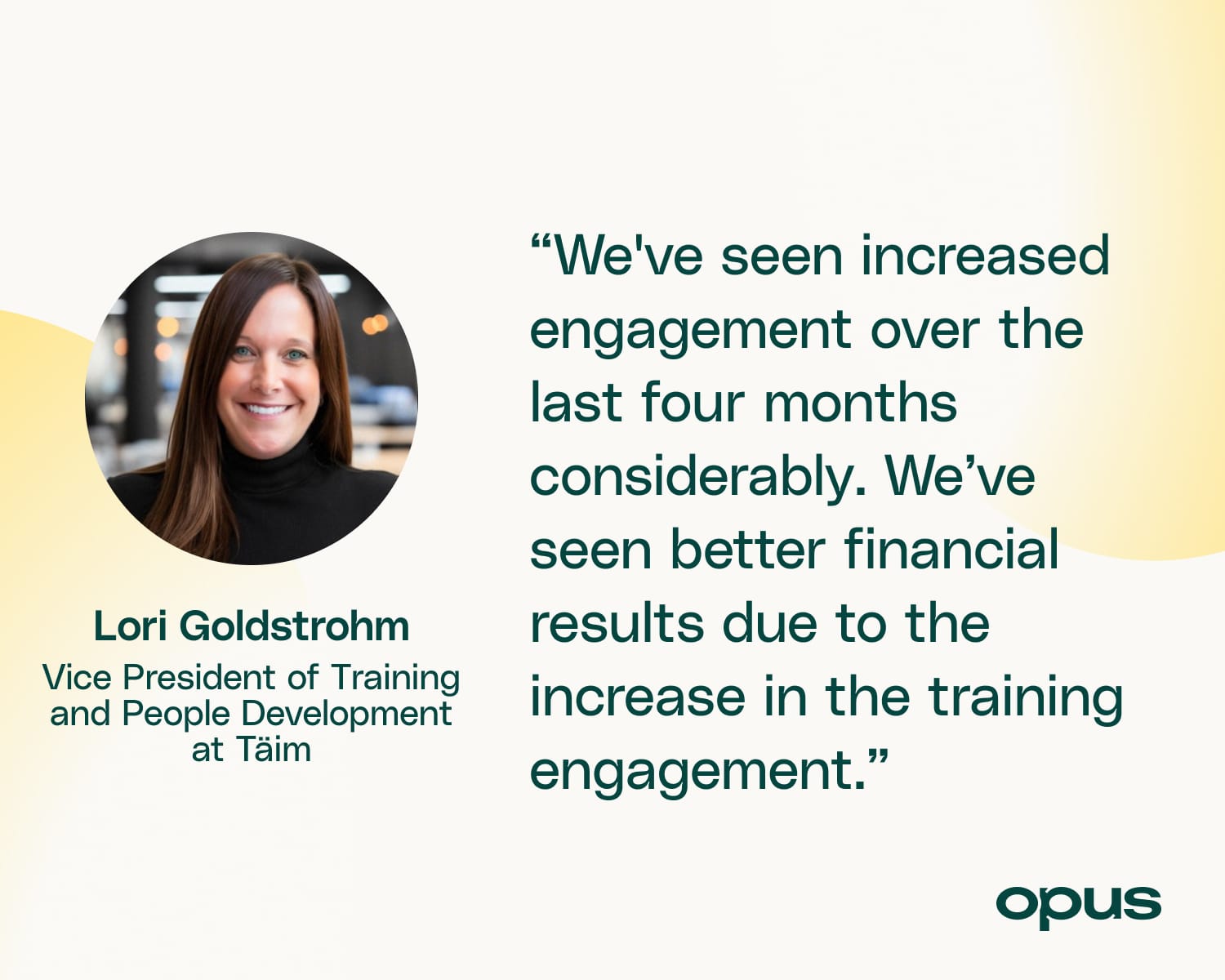
Through Opus training, managers can save time using AI to create training courses, but they can also control what degree of creativity and flexibility AI has. In this way, Opus allows for a greater level of customization with its materials.
“We have increased engagement over the last four months considerably,” Goldstrohm says. “What we see as a trend is the restaurants that are most engaged on Opus have better guest service scores and better operational metrics because they know the standards well. Finally, we’ve seen some better financial results due to the increase in their training and the training engagement.”
Opus allows training professionals, both early in their careers and later, to invest fully in their employees while taking advantage of cutting-edge technology and mobile driven learning practices. “We can make training as fun as we want to,” Goldstrohm says. “I really like the creativity we can have with Opus.”
This story was first published in QSR Magazine. You can find the article here.



